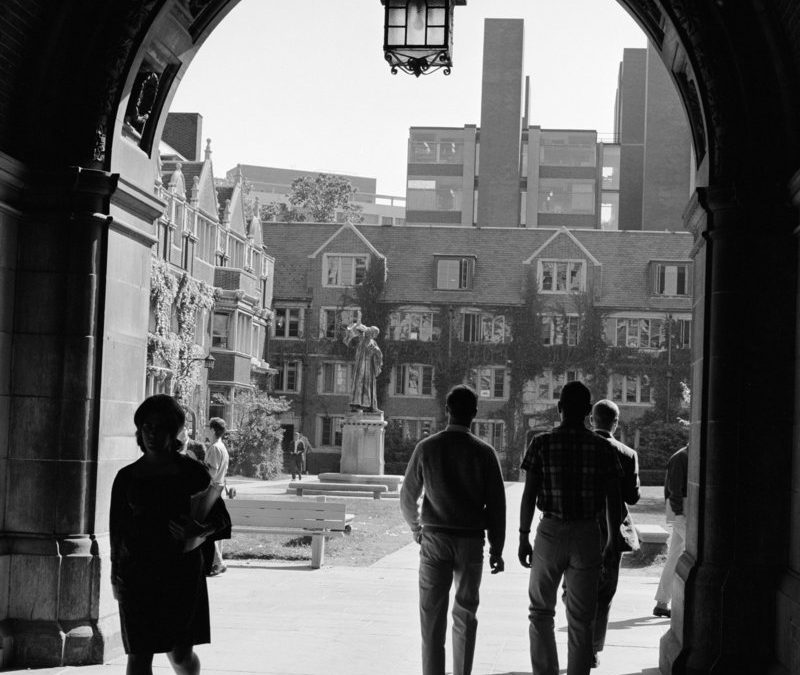Given the rise of college education, more and more parents expect colleges to help them and their young adults navigate through the triumphs and pitfalls of the high school to college transition. The good news is, colleges have responded to your needs by offering full-fledged parent orientations welcoming you and your families to campuses nationwide. Experts will tell you that if your student’s school offers an orientation for parents, then by all means, you should take advantage. Why wouldn’t you? The idea of taking a road trip accompanying your son or daughter as they embark on this new stage in their life is exciting. Prior to attending the big event, the anticipation and excitement builds as you watch your student register for orientation, join their class of 2021 social media sites, begin to communicate with their new classmates, and start planning what to pack to go off to college in the fall.
At this point, the process seems like it will be smooth, but don’t be at all surprised if orientation is jolting for your student and they don’t enjoy the experience like you initially anticipated. Although your student may not be showing it, they are likely hiding behind typical adolescent bravado and masking their fears about going off to college. There are common fears that first-year students face like worrying about their ability to make friends, choosing the right major, disappointing you with low grades, or relating to faculty members, to name a few. At orientation, these fears can hit them like a ton of bricks and you may observe them “acting out” at orientation like they did at an earlier stage of development. They may either cling to you at orientation or behave as if they don’t know you. In other words, they may take their angst out on you! While some students have a grand old time, others begin to experience that first twinge of homesickness. Not all students will love their orientation experience and that is okay.
Remember, the college transition is a process, and for most students, it takes that entire first year to get acclimated to this new experience. As parents, it will be helpful to acknowledge that this stage of your young adult’s life is complex and challenging. Not only do students need support during their transition from high school to college, but also in the process of moving out of the adolescent stage of development and into young adulthood. Orientation is the first step. The challenge for you will be to figure out when to step in to help remove the obstacles that are impeding a healthy transition, and when to allow the experts at your student’s college to take the lead. Understandably, when you were initially expecting orientation to be fun and exciting, it’s disappointing to watch your student struggle with that first step.
How can you make the most of the orientation experience? For your student, you may need to just allow them the space and time to process all of the overwhelming information that’s coming at them. For you, be on lookout for programs and services at your student’s college that are designed to support them through the college transition. For instance, there are resident assistants who can help them if they are homesick and tutoring services to assist them if they are challenged by their classes. It’s hard to predict what will challenge them, but as you participate in orientation, tune into all of the specialized resources on your student’s campus that your tuition dollars pay for1
